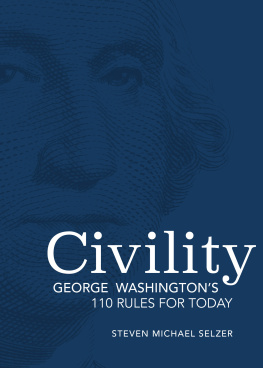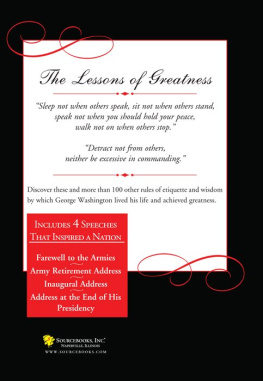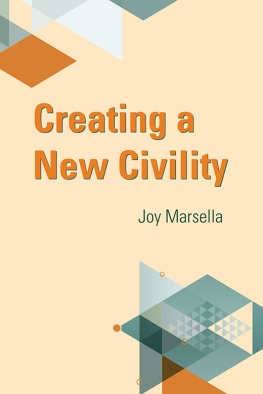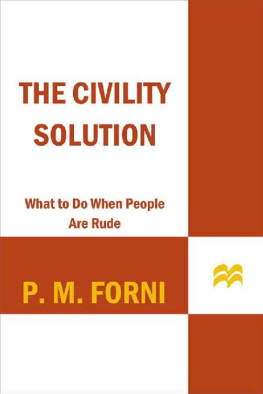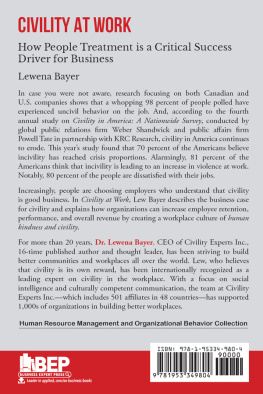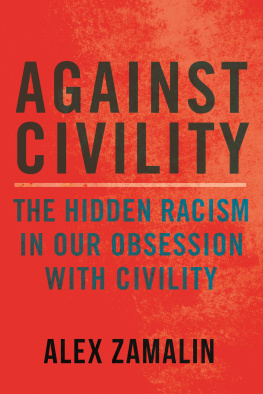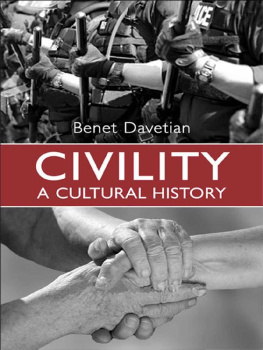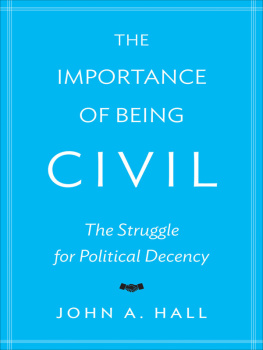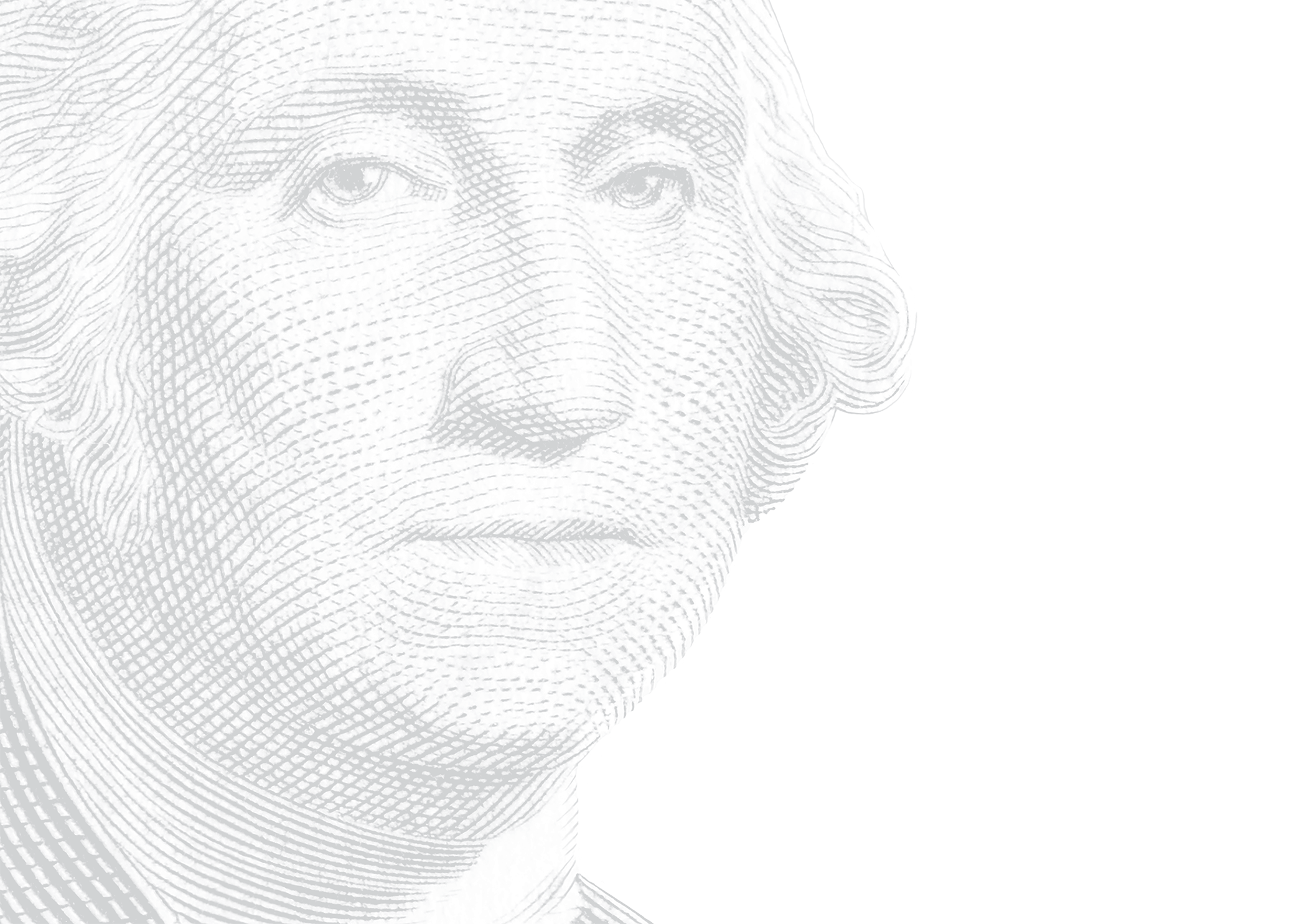In memory of Nathan Selzer, my father, and Walter and Betty Heafitz, parents of my very civil wife, Adrianne. All of them treated everyone with respect.
contents
INTRODUCTION
R udeness. Crudeness. Thoughtlessness. Today, uncivil behavior is everywhere. From the boss who publicly chews out her assistant, to the driver who barrels dangerously down the highway, to the sports fan who yells obscenities at the ball game, there is little doubt that we live in an increasingly barbaric world. But this need not be the case.
Civility, of course, goes beyond good manners. It is about conduct where people treat each other with respect, courtesy, empathy, and consideration in all aspects of their lives. The concept that underlies civility is an awareness of how an action or inaction has an effect on other individuals and the larger society, with a view toward maximizing well-being and minimizing harm. And that also includes our treatment of the natural world. Helen Keller summed it up well when she said, Life is an exciting business, and most exciting when it is lived for others.
The desire for a more civil world seems to be on the minds of almost everyone these days. We all recognize that it would be much more pleasant if the prevailing culture was a civil one.
I have a theory that civility is like a pendulum: societies seem to swing back and forth between extremes. Hopefully, the pendulum can swing back, toward better treatment of one another. Certainly the vast majority of Americans want to see it happen. Civil behavior is contagious. It can spread like a movement.
But doing the civil thing in every situation can be confusing in these modern times of great change. We ought to consider our need for some guidance. Sometimes, in order to move forward, we need to take a long look back.
Enter George Washington. Among his many fine qualities, he was a person of great integrity, courage, and judgment who remains one of the most revered figures in the history of our country. Washington was a person of strong character, which is closely linked to civility. General Washington was a great leader, known for his fair and inspiring treatment of his soldiers. And President Washington set the tone for our democracy, serving the country as our first president after being unanimously chosen.
At the end of Washingtons two terms, many people wanted to anoint him kingas was common in many countries in those days. Instead, he gave the power back to the people. For good reason, some historians have dubbed him the indispensable man. It is probable that without him we would not have a democratic country.
What is less commonly known about George Washington is that, at the age of fourteen, the father of our country wrote down 110 principles for personal conduct initially titled Rules of Civility and Decent Behaviour in Company and Conversation. Washington copied the rules from a manual composed by French Jesuits in 1595, apparently as a school handwriting exercise. Maybe he did this in part to emulate the civil person he most respected, his father Augustine, who died when Washington was eleven years old. Whether he originated or adapted the rules is not important; the exercise of writing them down and learning them is now regarded as a formative influence in the development of his character. Washington valued the rules so much that he carried the list of guidelines with him throughout his life.
Although the rules were written more than 250 years ago, they remain fundamentally pertinent and valuable. In this book, as Washingtons old rules are brought to bear on modern problems, sticky social situations, and twenty-first-century media, it becomes clear just how deeply the way we treat each other affects us all.
A quick note on these rules: Ive tried to preserve their original language to the fullest extent possible. It is important to mention that in Washingtons time, all generic pronouns and nouns were in the masculine. This language is retained because a change to modern practice would have altered the texts authenticity and character. Of course, the rules and the comments following them apply to both men and women alike. In some instances, however, the more archaic words of Washingtons rules have been translated to their modern equivalents to aid understanding. These changes are shown in brackets.
I must stress that this book is not political. The original rules dont have a partisan slant, and thats because civility applies to people of all viewpoints. It does not matter what a persons political bent is; there is something in Washingtons rules for everyone. But their broader application does, importantly, apply to politicians. Civility is a universal concept.
The cultural ramifications of the way we treat one another in private and in public have never been more significant than they are today. In a world where everything is increasingly fast, our impatience fuels our entitlement and need for immediate gratification. Its easier than ever to withhold from others the time they deserve. It has now been made very clear, however, that more and more people crave the return of, or movement in the direction toward, greater civility in modern times. We can make it happen.
I hope I am not taking extraordinary license in stating what I believe George Washington would say today. I do so modestly. With every entry in the book, I endeavor to stay true to his rules while keeping in mind their modern relevance. This great mans guidance, contemporized, can hopefully help us get a better grip on our current situation so we can move forward in a positive direction.
Rule 1
EVERY ACTION DONE IN COMPANY OUGHT TO BE DONE WITH SOME SIGN OF RESPECT TO THOSE THAT ARE PRESENT.
Everybody wants and deserves respect, which is the cornerstone of civility. In addition to self-respect, there is respect for others. Being considerate uplifts us all. Appreciating pride and human dignity is essential.
The problem is that respect seems to be in short supply these days. The late Aretha Franklins well-known song emphatically spells out what we need: R-E-S-P-E-C-T. It applies to all human endeavors.
Its up to all of us to increase the worlds supply of respect. As you go through your day, consider all the people you come in contact with, from the trash collector to your coworkers to the pierced and tattooed teenager down the street. Honor their individuality, abilities, and humanity, and let them know in some way that you appreciate them. A wave and a smile will do. In looking at someone, remember the adage, You cant judge a book by its cover. Some clichs are clich for a reason.
Consider the job of the person who cleans the public bathrooms you use or returns the shopping carts you push. If you see them working, pause to briefly tell them that they do a good job or at least give them a nod. That recognition will be appreciated. They are not invisible.
Your mail carrier and newspaper delivery person, if you have one, work in all weather conditions. They should be treated with a nice note of thanks or even a gift during the holidays. Hopefully, you are grateful for their services. These days you may not know your mail carriers or newspaper delivery persons name, but you can learn it by simply calling your local post or newspaper officeand then leave your envelope with a note to him or her in the mailbox, or simply wait until they swing by. These hardworking people deserve recognition. And you will feel good about it. Putting yourself in their shoes for a bit will allow you to be a more sensitive person.

